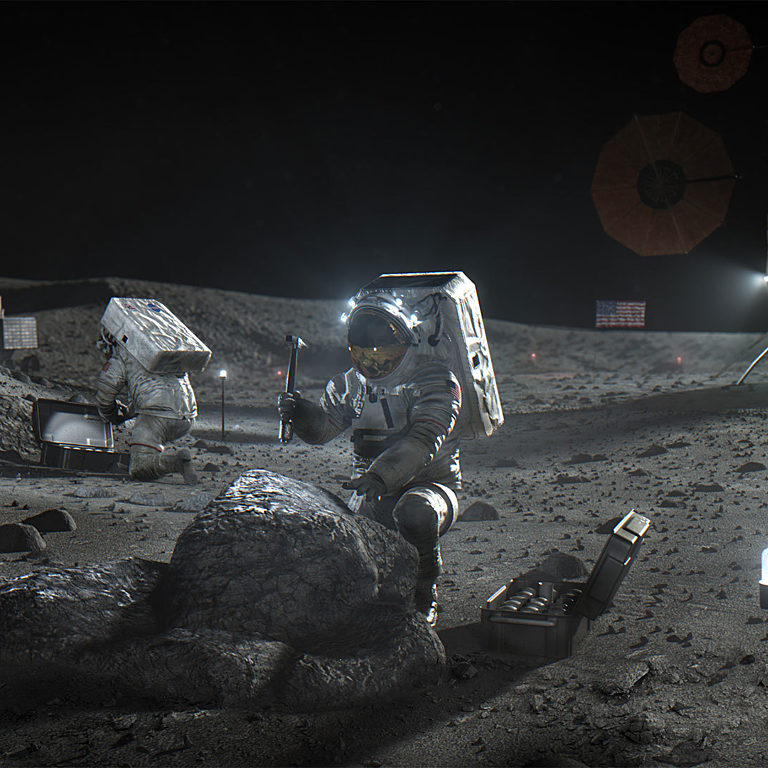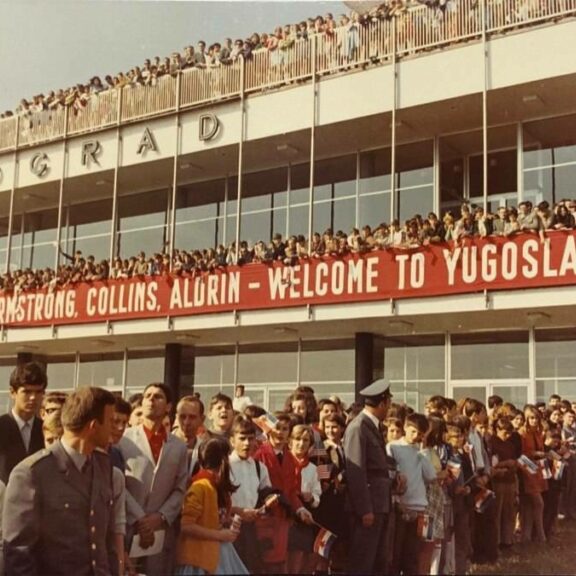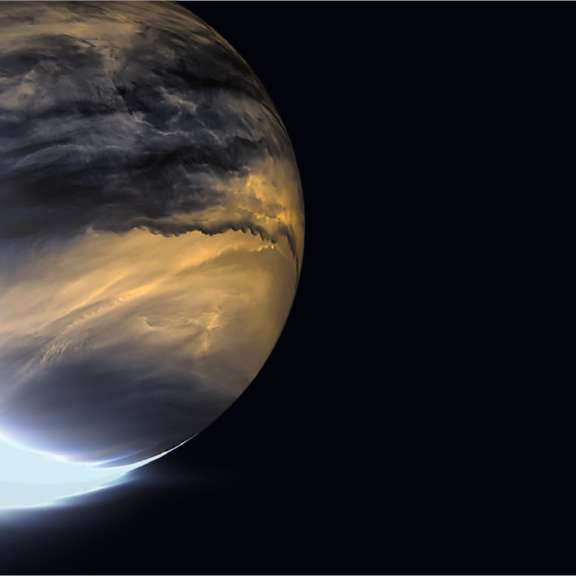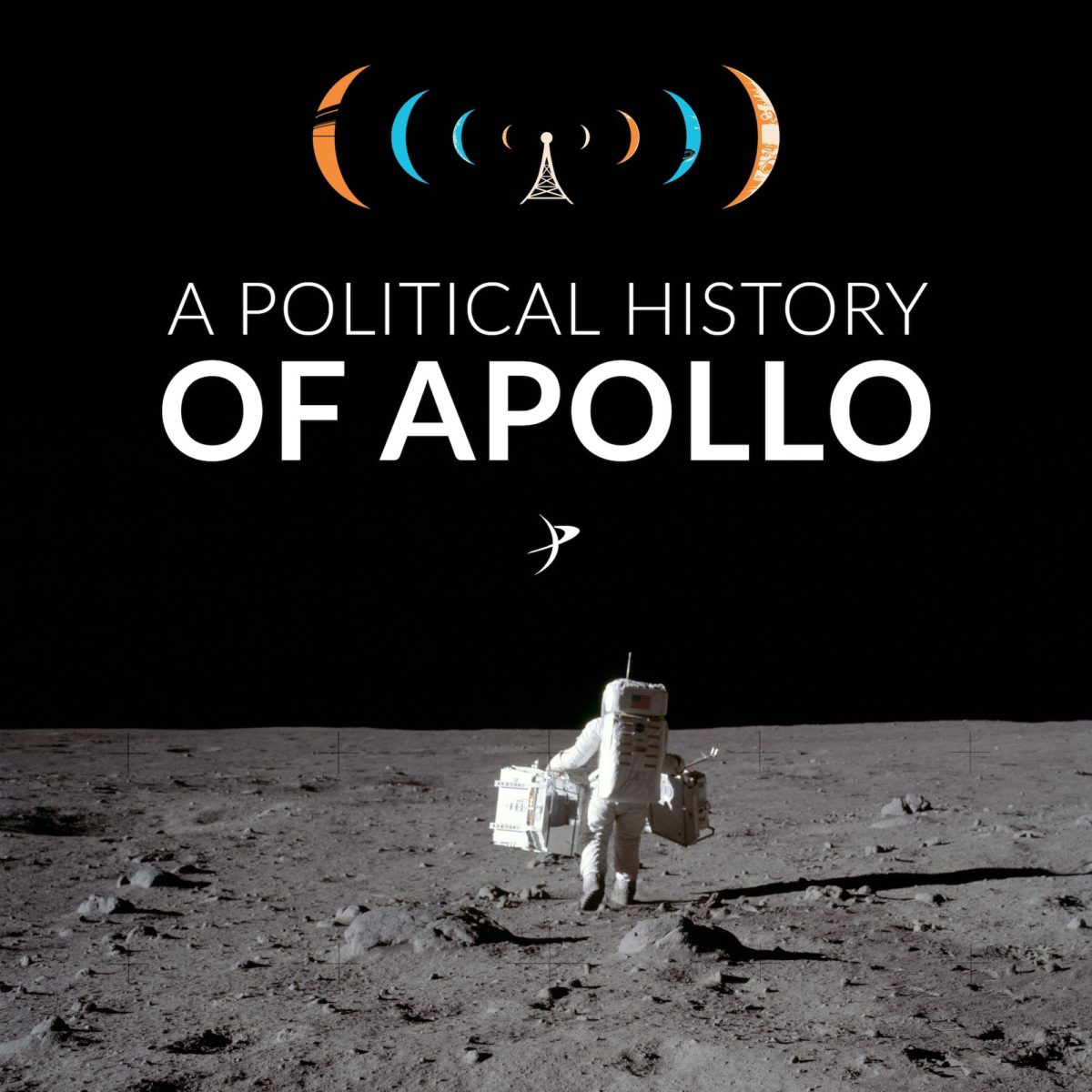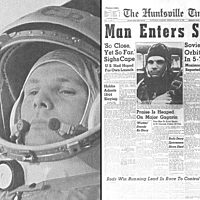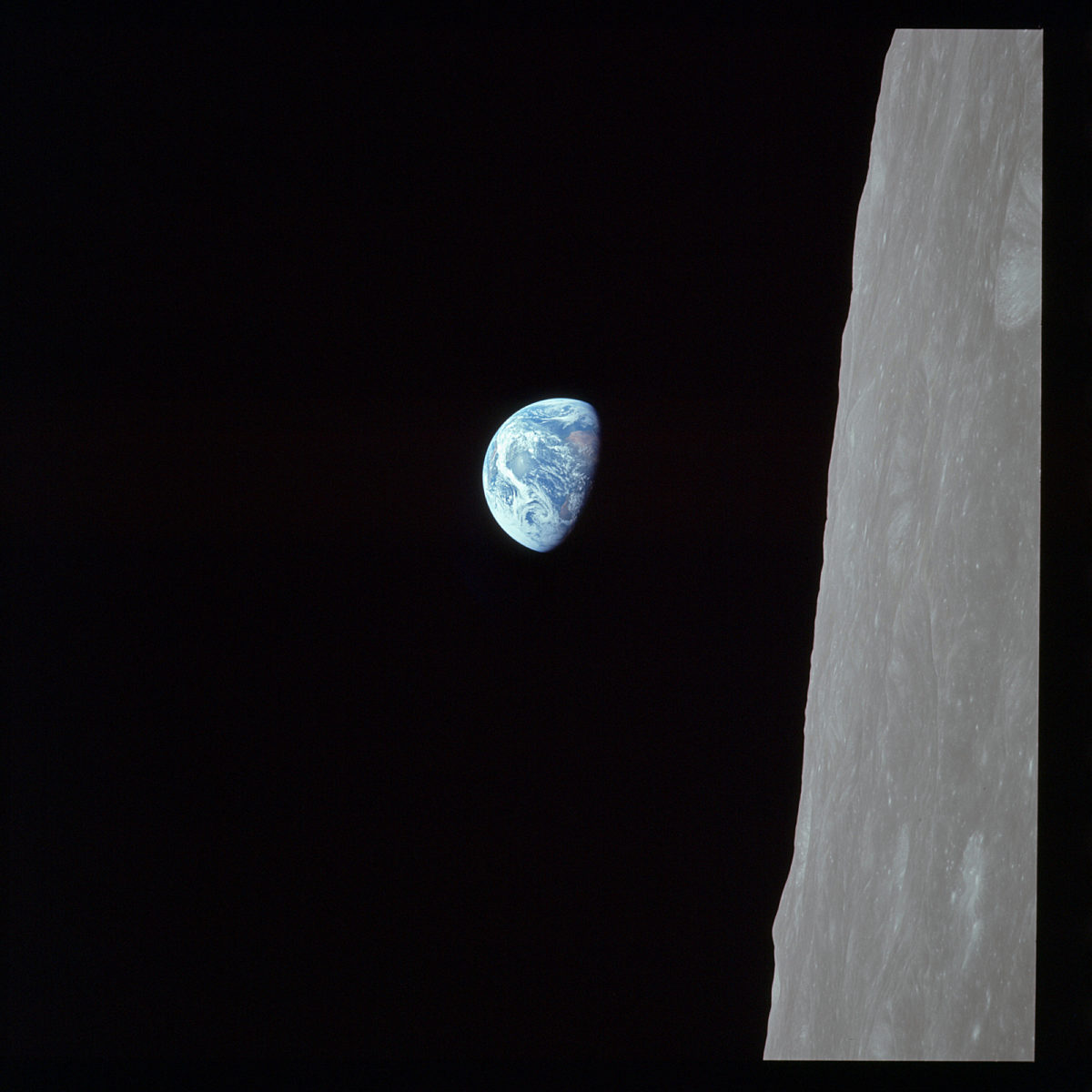Since 2002, Planetary Radio has visited with a scientist, engineer, project manager, advocate, or writer who provides a unique perspective on the quest for knowledge about our Solar System and beyond. The full show archive is available for free.
Search Planetary Radio
Leaders of several major, international space agencies talked with host Mat Kaplan during the first attempt to launch the Artemis 1 Moon mission.
Space historian Teasel Muir-Harmony argues in her fascinating new book that the Apollo lunar program was promoted as a triumph of, not for, all mankind.
Astrophysicist Javier Peralta, a team member on Japan's Akatsuki mission, takes us deep into Venus's thick, fast-moving clouds.
As NASA struggles to return humans to the Moon by 2024, it's worth asking: why did it stop in the first place? Space historian John Logsdon joins the show to discuss the politics behind the decision to abandon the Moon in 1972. Casey and Mat also discuss the proposal to offer a $2 billion prize for sending humans back to the Moon and establishing a base there, and why that's not good public policy.
Host Mat Kaplan in a long and fascinating conversation with Nicholas de Monchaux, author of Spacesuit: Fashioning Apollo. This great book is about much more than creation of the suits that allowed humans to walk and work on the Moon. Jason Davis shares pointers on looking for LightSail 2 overhead, while Bruce Betts provides a solar sail update in this week’s What’s Up. And you might win a Planetary Radio t-shirt!
Did the public support Project Apollo? Dr. Emily Margolis joins the show to explore the domestic politics and cultural impact of the space age throughout the 1960s. Despite the success of the lunar landings, there was more opposition to Apollo than we generally remember.
In the final episode, producer Mat Kaplan joins Casey to reflect on the lessons and legacy of Apollo. Was it a burden on the space program or a gift for future generations? What can we take away from this single data point of humans walking on another world? And what should we be wary of?
After more than a decade's worth of work and billions of dollars spent, the United States could send humans to the surface of the Moon whenever it wanted. But after landing only six times, the country just walked away, closing down production lines, laying off tens of thousands of workers, and committing humans to low-Earth orbit seemingly indefinitely. Why did it end? And was this inevitable?
Poppy Northcutt was a pioneer—the first woman to work as an engineer in Apollo Mission Control. The program she helped to create got the astronauts back to Earth. Fifty years later, she sits down with Mat Kaplan for a look back.
In 1964, 40% of the public did not approve of Project Apollo, and more than 50% did not think the moon shot was "worth the cost" throughout the 1960s. Kennedy himself questioned the commitment and considered cooperating—instead of competing—with the Soviet Union in space. At the same time, there was an explosion of space-related pop culture and citizen engagement with the space race. Dr. Emily Margolis, whose dissertation was titled Space Travel at 1G: Space Tourism in Cold War America, joins the show to explore the complicated politics of the home front during Project Apollo.
The Soviet space program launched the first artificial satellite, the first man, and the first woman into space. Soviet cosmonauts performed the first spacewalk and piloted the first two-person spacecraft. But it was the United States that placed the first humans on the surface of the Moon. What happened? Dr. Asif Siddiqi, author of Challenge to Apollo: The Soviet Union and the Space Race (PDF Download), helps answer that question.
When President Kennedy announced Project Apollo, the United States was locked in a global ideological conflict with the Soviet Union. But how did the idea of a Moon shot come to be the answer to a political problem? And why did it happen when it did? Dr. Roger Launius, former Chief Historian of NASA and currently the Principal at Launius Historical Services, explains why Apollo happened and where it came from. His latest book, Apollo's Legacy: Perspectives on the Moon Landings is available now.
The last few days have seen developments that will shape the space exploration plans of Canada and the USA. The Planetary Society’s Kate Howells is a member of Canada’s Space Advisory Board. She reviews the nation’s new space policy.
Historian John Logsdon discusses his new book, Ronald Reagan and the Space Frontier It explores the legacy of the 40th president’s major space policy decisions. We look at four major topics: early efforts at commercializing space, the survival crisis for planetary exploration, the Space Shuttle, and the decision to build the space station.
This is the 50th anniversary of the most audacious space mission in history. Apollo 8 blazed a path for the first moon landing seven months later, and gave a troubled nation reason for hope and pride.
You haven’t seen the best pictures from the Apollo era and other great space achievements till you’ve seen them in 3D. Queen guitarist and astrophysicist Brian May is also mad about stereoscopic imagery.


 Explore Worlds
Explore Worlds Find Life
Find Life Defend Earth
Defend Earth


